FOOD
11 Popular Grocery Store Items That Are Wildly Overpriced
Published
11 months agoon
By
Lauren Kirk
Shutterstock
If you’re seeking ways to trim your grocery expenses and make more mindful choices, there are several minor adjustments you can implement to avoid spending money on items that may not provide the best value. By reevaluating your shopping habits you can optimize your grocery budget without compromising on the quality of your meals.
From steering clear of unnecessary convenience items to embracing cost-effective alternatives, these adjustments can contribute to significant savings over time while ensuring that your purchases align with both your financial goals and nutritional needs.
Bottled Water

Shutterstock
Investing in a reusable water bottle and using a water filter can be a cost-effective alternative to purchasing bottled water regularly. This not only saves money in the long run but also helps reduce plastic waste associated with single-use bottles. Adding ice, slices of citrus, or herbs to tap water is a creative and inexpensive way to enjoy refreshing drinks.
Fruits And Vegetables That Aren’t In Season
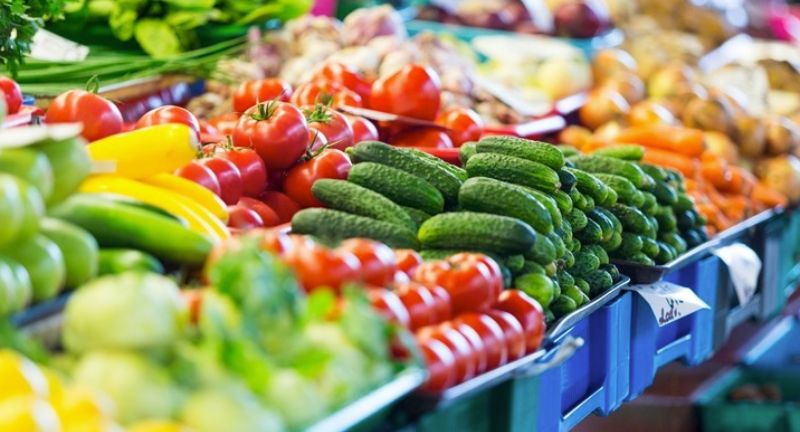
Getty
Skipping fruits and vegetables that aren’t in season can save you money, as out-of-season produce is often more expensive due to higher production and transportation costs. In-season produce tends to be fresher, tastier, and more abundant, offering better nutritional value.
Making meals with fresh, in-season ingredients not only supports local agriculture but also encourages variety in your diet, introducing you to new flavors and ensuring you receive a diverse range of nutrients essential for your health.
Pre-Sliced Cheese

Getty
Choosing to buy a block of cheese and slicing it at home is generally more cost-effective than purchasing pre-sliced varieties. Buying in larger quantities can also provide better value for money. Additionally, slicing your cheese allows you to control the thickness and size of the slices to suit your preferences.
Single-Serve Coffee Pods
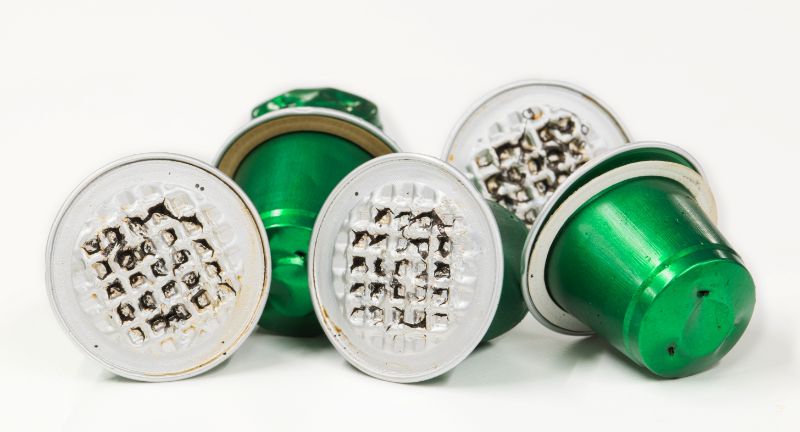
Shutterstock
While convenient, single-serve coffee pods tend to be more expensive than buying traditional coffee grounds in larger quantities. Brewing coffee with a traditional coffee maker or French press is not only more budget-friendly but also allows you to customize the strength and flavor of your coffee. Investing in a reusable coffee pod or filter can further contribute to cost savings and environmental sustainability.
Pre-Cut Fruits and Vegetables
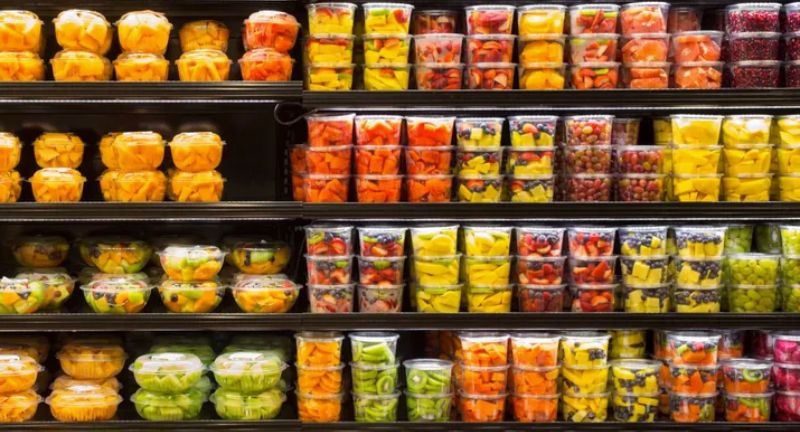
Getty
Opting for whole fruits and vegetables over pre-cut varieties can save you money as the pre-cut options often come with a higher price tag. Purchasing whole produce allows you to buy in larger quantities, reducing packaging costs, and you can cut and prepare them at home to suit your preferences.
Single-Use Cleaning Wipes

Getty
Choosing reusable cloths and a cleaning solution instead of single-use cleaning wipes is a cost-effective and eco-friendly option. Reusable cloths can be washed and reused, reducing the need for constant replenishment. Creating a DIY cleaning solution using common household ingredients can further contribute to savings while minimizing environmental impact.
Store-Bought Baked Goods
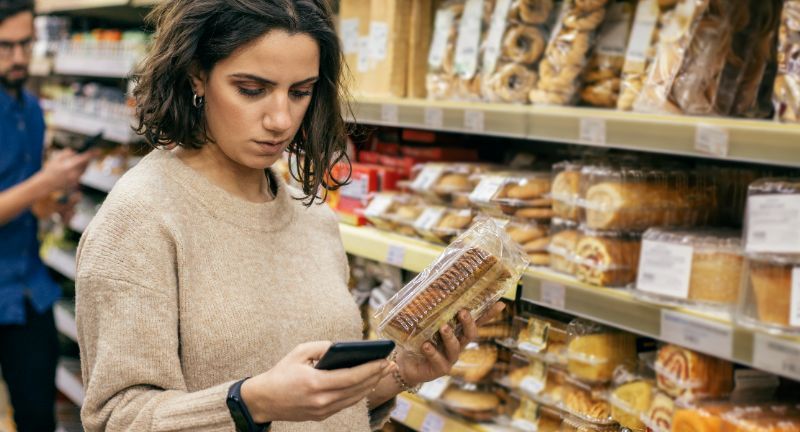
Shutterstock
Baking at home is generally more cost-effective than purchasing pre-made cookies, cakes, and other baked goods. Buying basic baking ingredients in bulk and preparing your treats not only saves money but also allows you to tailor recipes to your taste preferences. Additionally, the satisfaction of creating homemade baked goods can be a rewarding and enjoyable experience.
Premium Cuts of Meat
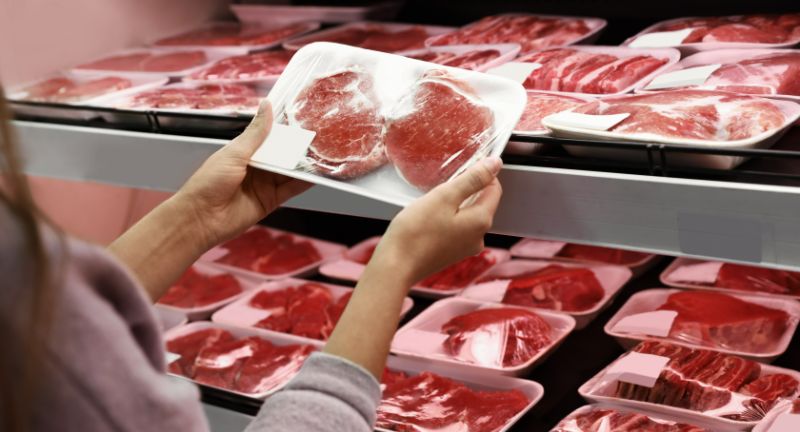
Shutterstock
Opting for less expensive cuts of meat can be a savvy way to enjoy meat on a budget. Exploring different cooking methods, such as slow cooking or marinating, can enhance the flavor and tenderness of more affordable cuts. By being open to a variety of meat options, you can balance taste and cost-effectiveness in your meals.
Organic Produce For Every Item
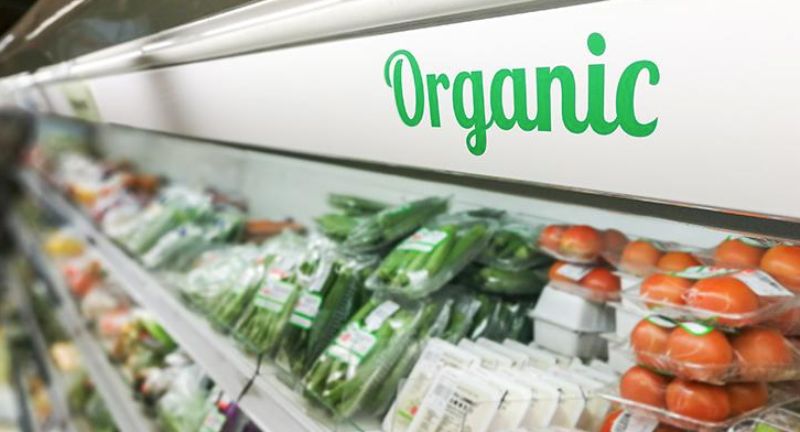
Getty
While organic produce is a popular choice, not all fruits and vegetables require organic purchasing. The Dirty Dozen and Clean Fifteen lists can guide you in choosing which items are more important to buy organic. This selective approach allows you to prioritize organic options for certain produce while saving money on others.
Specialty Condiments
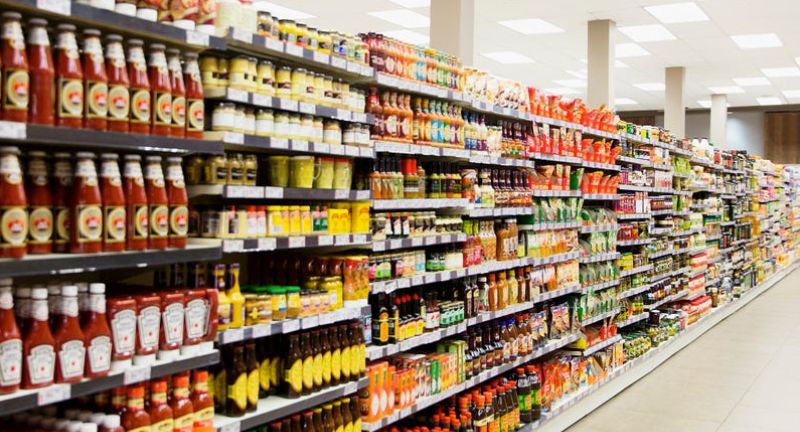
Getty
Some exotic or gourmet condiments can be pricier than their more common counterparts. Exploring local or generic brands for similar flavors can offer a more budget-friendly option. Alternatively, making homemade condiments allows you to tailor the taste to your liking while being more economical in the long run.
Pre-Made Salad
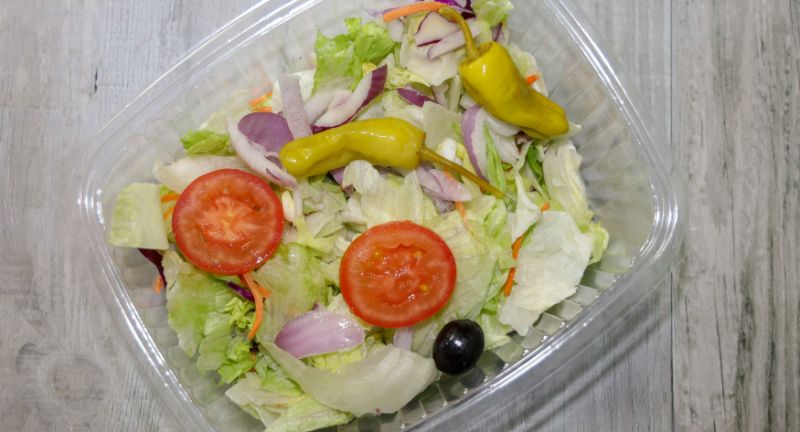
Shutterstock
Pre-made salad can be more expensive than buying individual salad ingredients. Purchasing lettuce, vegetables, and dressing separately allows you to customize your salads, potentially saving money and reducing food waste. Buying in bulk and storing items properly can further extend the shelf life of individual salad components.
Conclusion
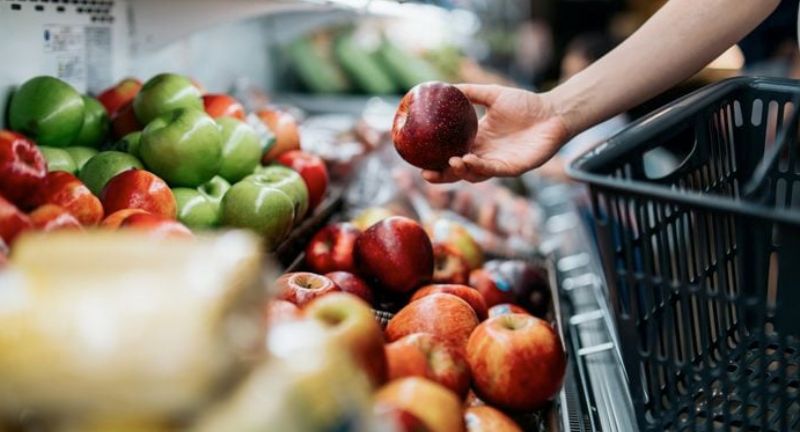
Getty
Making subtle changes in your grocery shopping approach can have a meaningful impact on your overall spending. By avoiding items that may not offer the best value for money and challenging yourself to explore more cost-effective alternatives, you not only save on your grocery bill but also make informed choices about the products you bring into your home. These adjustments, while seemingly minor, collectively contribute to a more economical and satisfying shopping experience.
More From Food + Drink
-


Foods That Will Make You Feel Nostalgic
-
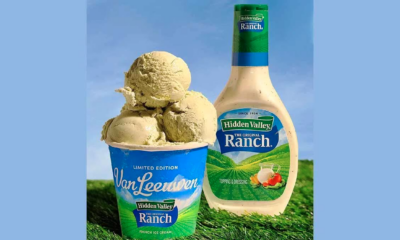

Walmart Debuts Ranch-Flavored Ice Cream
-


Sleep Researchers Are Paying People Money to Eat Cheese Before…
-


The Secret Ingredient Martha Stewart Adds to Her Chicken Pot…
-
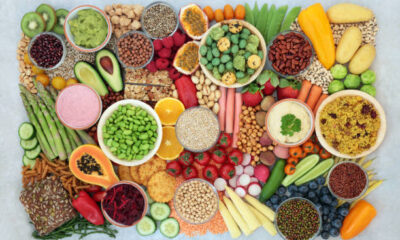

Ditch the Processed Food for Optimal Health
-


The Benefits of Weekly Meal Planning
-


Top Canned Chilis Revealed!
-


Tyson’s Halloween Chicken Nuggets Will Roll Out Nationwide This Year
-
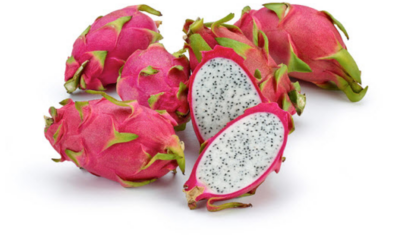

Five Health Benefits of Dragon Fruit
-
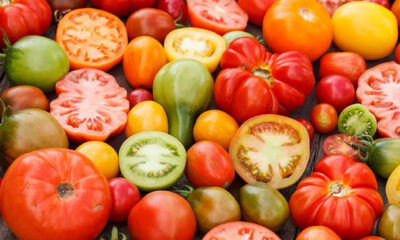

50 Worst Common Foods For Your Health
-
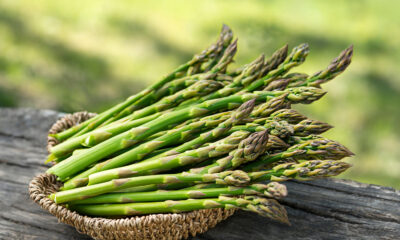

The Six Health Benefits of Asparagus
-
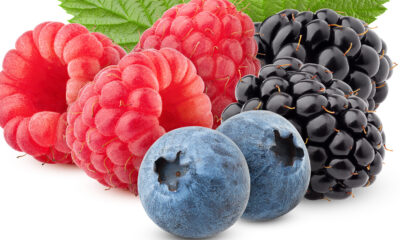

Berries: The tiny summer fruits that pack a powerful punch
